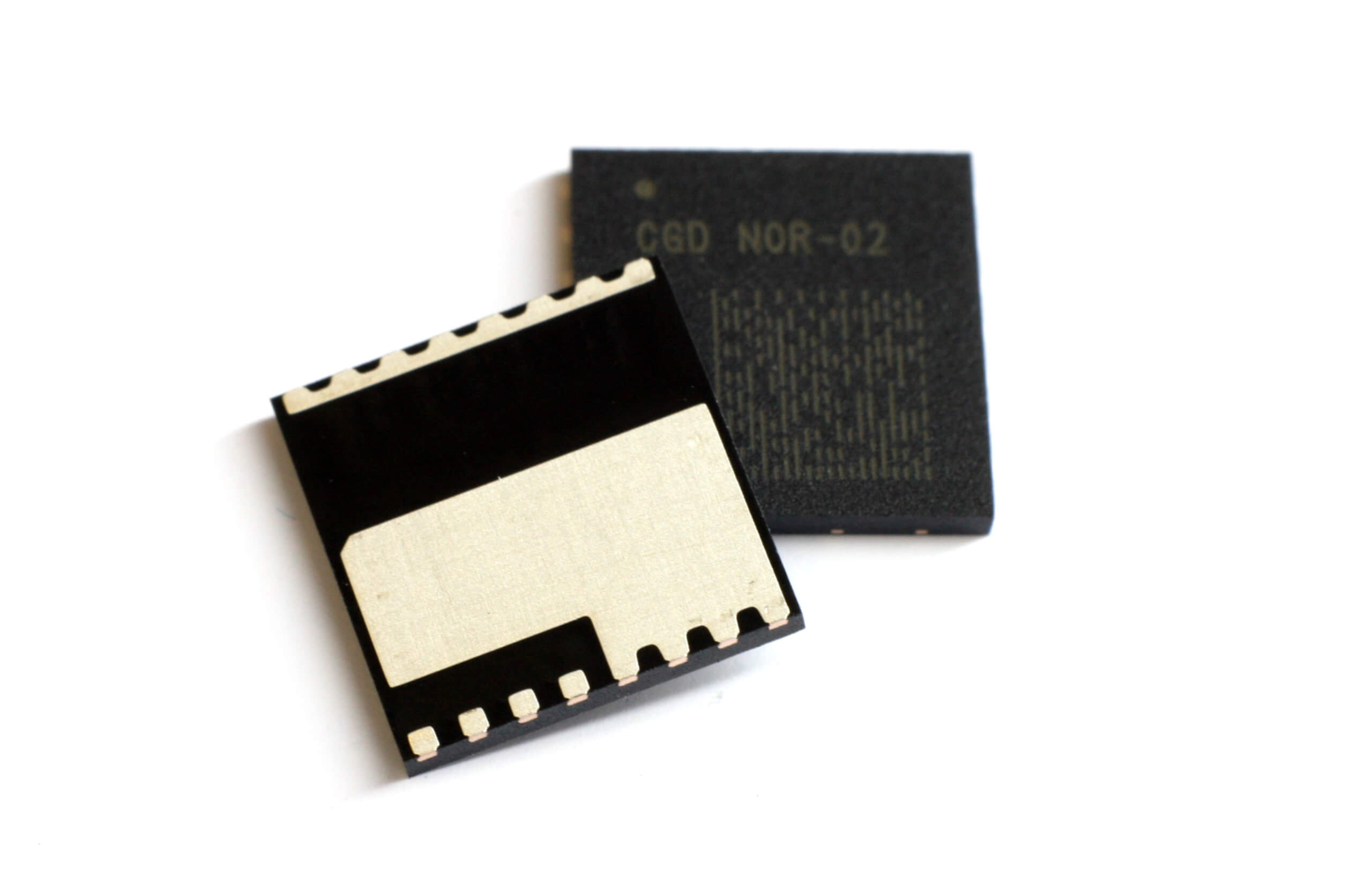Data centres account for about two per cent of the world’s energy usage – and consumption is growing fast.
But now fabless semiconductor company Cambridge GaN Devices (CGD) has launched a project called ICeData that could contribute to saving more than eight megatons – that’s million metric tons – of CO2 emissions from data centres annually by 2030.
It aims to develop and commercialise a highly efficient gallium nitride (GaN)-based integrated circuit (IC) for use in data centre server power supplies.
Dr Giorgia Longobardi, CEO and founder of CGD, said: “Exponential growth in demand for data storage and processing, accelerated by the Covid-19 pandemic where cloud-based connectivity became an essential tool for businesses around the world, is resulting in huge increases in data centre energy usage.
“This is a serious concern when two percent of the world’s energy usage is already consumed by data centres and this is only set to rise.
“Cambridge GaN Device’s ICeData project addresses solutions that are lighter, more compact, significantly more efficient and potentially cheaper than those based on silicon. Developing green technologies that deliver real reductions in CO2 emissions and create greater energy efficiency is vital if we are to meet low carbon targets on the path to net zero.”
Data centres had an electricity consumption rate of 400TWh in 2018, and that is set to double by the end of this decade.
But GaN has the potential to reduce massively the energy wasted in power supplies for consumer electronics and data centre servers, thanks to its structural and conductive properties.
The primary aim of the ICeData project is to deliver state-of-the-art GaN power IC technology to boost the efficiency of data centre server power supplies to more than 98 per cent. The technology will be specifically tailored for switched mode power supplies (SMPS) for data centres and telecommunication servers.
Cowley Road-based Cambridge GaN Devices, which was spun out of the Univeristy of Cambridge by Dr Longobardi and Prof Florin Udrea in 2016, says the combination of higher efficiency and higher power density in this technology can also help data centres make significant savings on their capital and operational expenditure. It estimates it could cut investment and running costs by up to 10 per cent.
CGD has developed proprietary ICeGaN gate technology, which enables the driving of the GaN transistor without using a specialised GaN driver.
The ICeData product, the company says, will be a market first and boast smart features for sensing and protection to enhance reliability, without requiring extra components.
On-chip sensing and protection circuits react in nanoseconds to over-current and over-temperature events, which protects devices and the power system.
CGD says it aims to have a qualified and production-ready set of GaN power IC solutions by the end of the project.
Its first product line featuring ICeGaN technology, meanwhile, is expected to be released in the first half of this year.
And the market demand is forecast to rise rapidly, with the overall GaN market expected to grow from a few million US dollars today to more than $1.1billion by 2026.
This will be driven by the need for lighter and more efficient power supplies, along with more compact and powerful on-board chargers for electric and hybrid electric vehicles.
Andrea Bricconi, VP of business development, said: “Fostering innovation is in our DNA. The ICeData project is a great opportunity to complement CGD’s efforts towards energy efficiency and to boost the development of highly reliable, extremely easy-to-use GaN-based solutions for key markets such as servers, telecommunications and other high power segments.
“Innovation relies on developing great GaN material, design and on outstanding packaging solutions: ICeData is a strategic initiative that will enhance CGD’s portfolio even further, always targeting sustainability and reducing our impact on the environment.”
CGD has raised a multi-million pound seed fund and, in March 2021, a $9.5million Series A investment and so far secured four projects funded by Innovate UK, the UK government and the EU’s PENTA programme.


